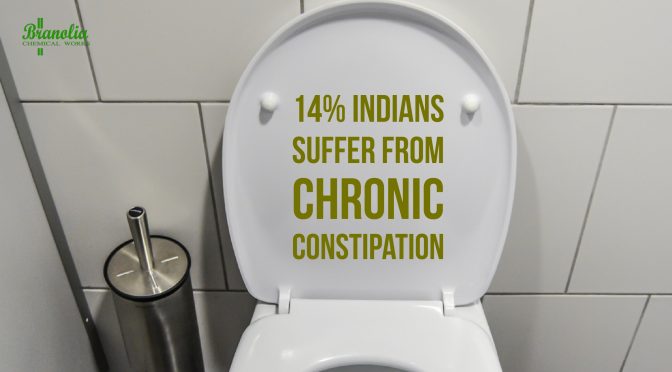
Ayurvedic treatment and medication have captured the attention of the global population since ages. Ayurveda has gained popularity in recent times because of its overall approach towards diseases, the simplicity of the procedures and the availability of cure from chronic and incurable diseases with the use of herbs. The formation of the Ministry of Ayush in 2014 and the steps taken by the government in promoting Ayurvedic treatment and medicine globally have given it a much-needed boost. This year in the 4th International Ayurveda Congress held in the Netherlands, Ayurveda was hailed as the mother of modern medicine. This global recognition is turning India into a prime destination for ayurvedic health tourism. India with its natural abundance of forest resources, the climate, and easy availability of herbs is best suited for therapeutic and rejuvenating ayurvedic treatment. A techno-centric lifestyle, increasing level of stress, anxiety, wrong food habits have encouraged more and more people to opt for ayurvedic health tourism.
A study of the Strengths, Weaknesses, Opportunities, and Threats of the Ayurvedic Tourism will give a proper insight:
Strengths
- It is part of the traditional health sector and is in vogue since ages
- A source of alternative medicine and is recognized globally
- Strong support from the government
- A large number of herbal medicine and ayurvedic treatments are available easily
- Hospitals and ayurvedic dispensaries in all the states of India
- The huge resource base of doctors with necessary skill sets from recognized universities and institutions
- Government funded research labs across India to study herbs and herbal medicines
Weakness
- Low on technology
- Lack of globally accepted standards
- Lack of integration with the mainstream market
- Irregular supply of raw material
Opportunities
- Lifestyle issues of the people like, stress, wrong food habits, anxiety to name a few
- Increased knowhow of alternative cures
- The rise in demand for alternative medical treatment with the high cost of healthcare facilities
Threats
- Lack of measures to standardize medicines and herbs used in Ayurvedic treatment
- Non-availability of certain herbs on a regular basis
- Lack of innovation and research and development in the segment of ayurvedic medicine
- Adopting modern techniques for the diagnosis of diseases
- A SWOT analysis will help the health tourism in India to identify new opportunities and to focus on long-term benefits.
India currently offers an array of ayurvedic medicine for the overall well-being of the people using them. Branolia Chemical Works has been offering a range of herbal products that have been well accepted by people across all genres. The offerings from Branolia Chemical Works comprises of
- Branolia – The flagship product of the company also known as a memory enhancer is in circulation for more than a century
- Livonia – To help in the digestion process
- Kulerron – To fight anemia and increase the hemoglobin count in the blood
- Bellytone – To remove constipation
- Bitocough – Used in the cure for a cough and cold
- Honeyguard – This ayurvedic medicine brings with it the goodness of honey and some other medicinal herbs.
The impact of ayurvedic tourism will increase the overall economic positioning of the entire ayurvedic industry and will also give it a boost globally.





